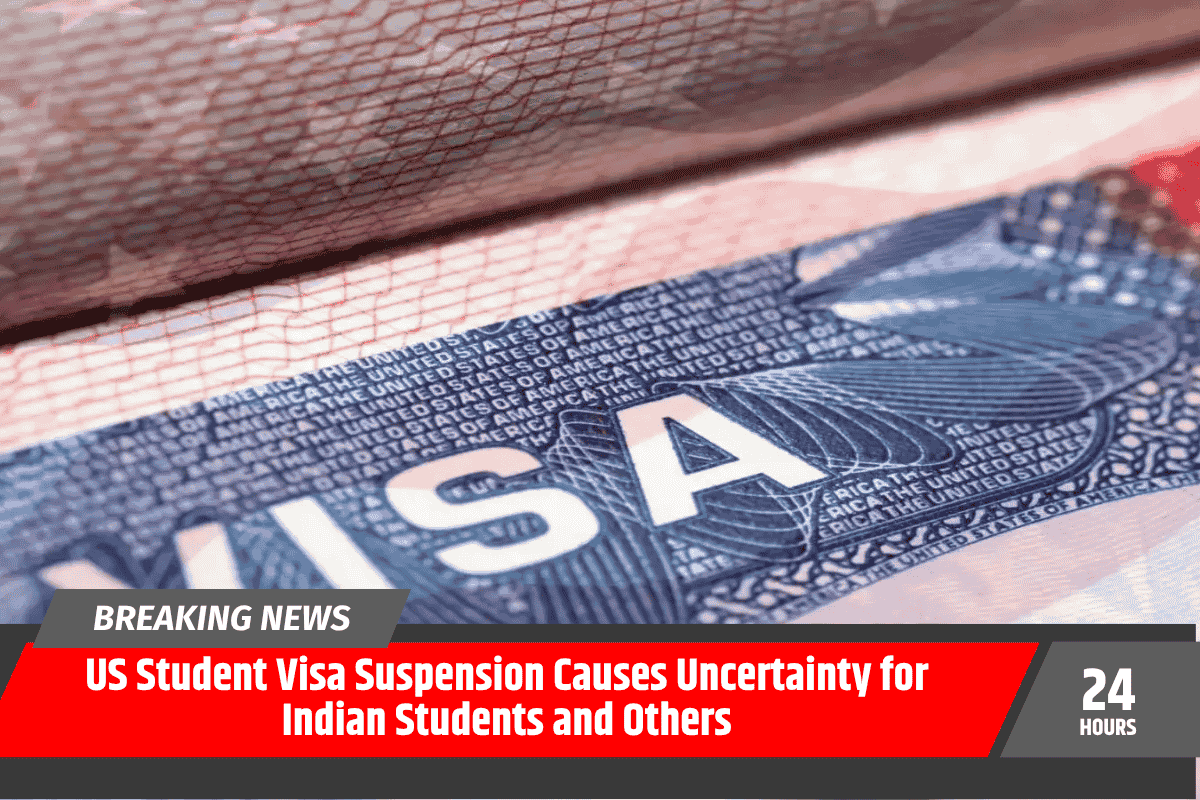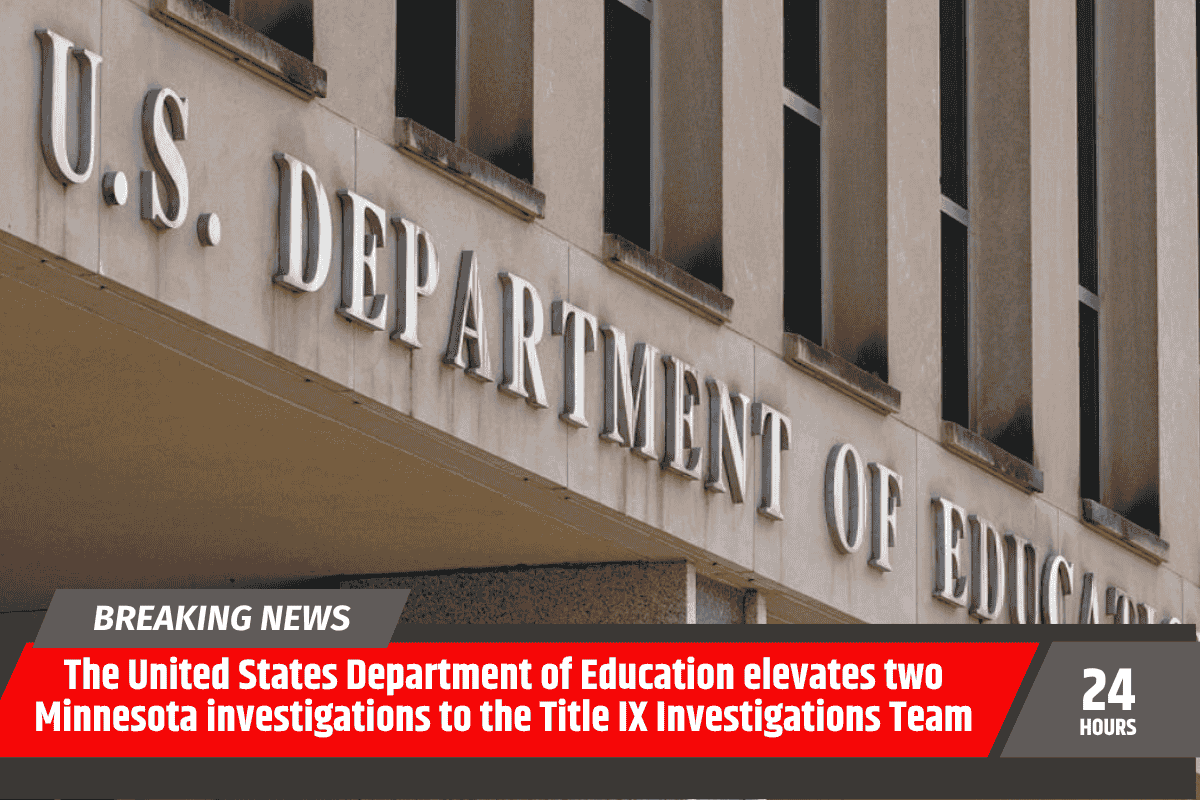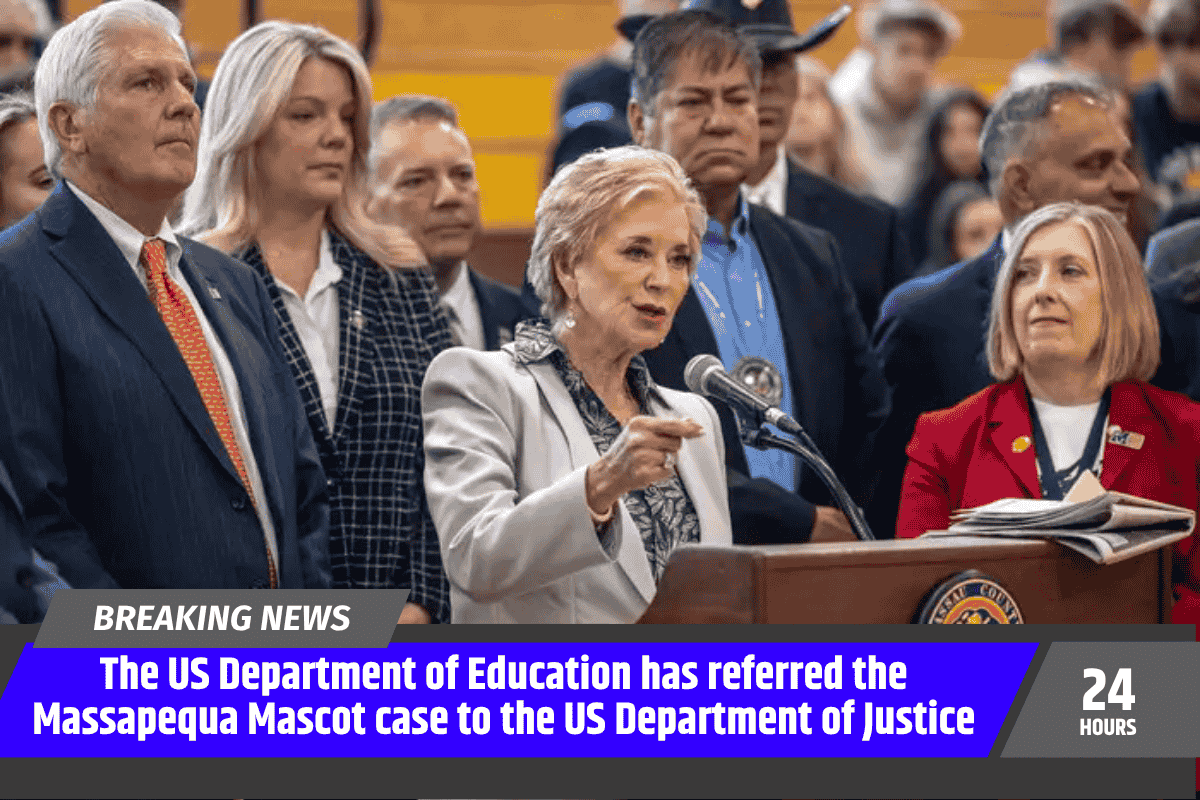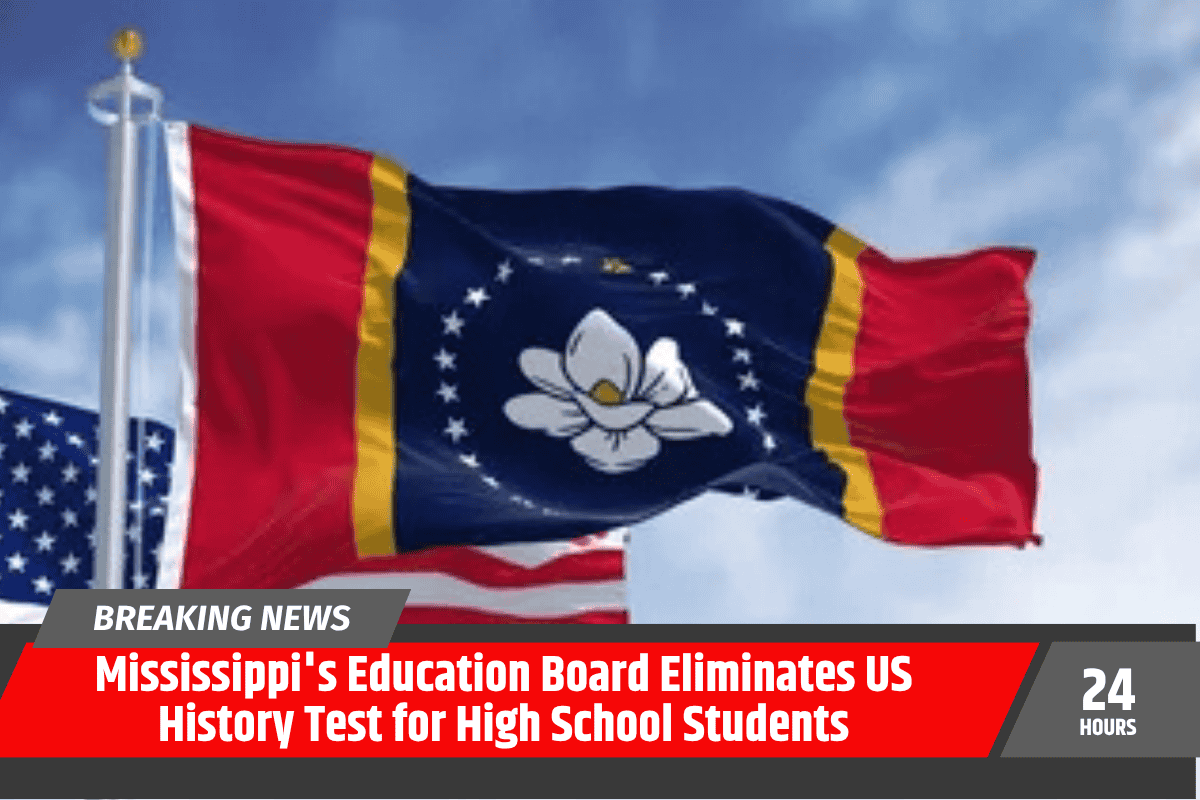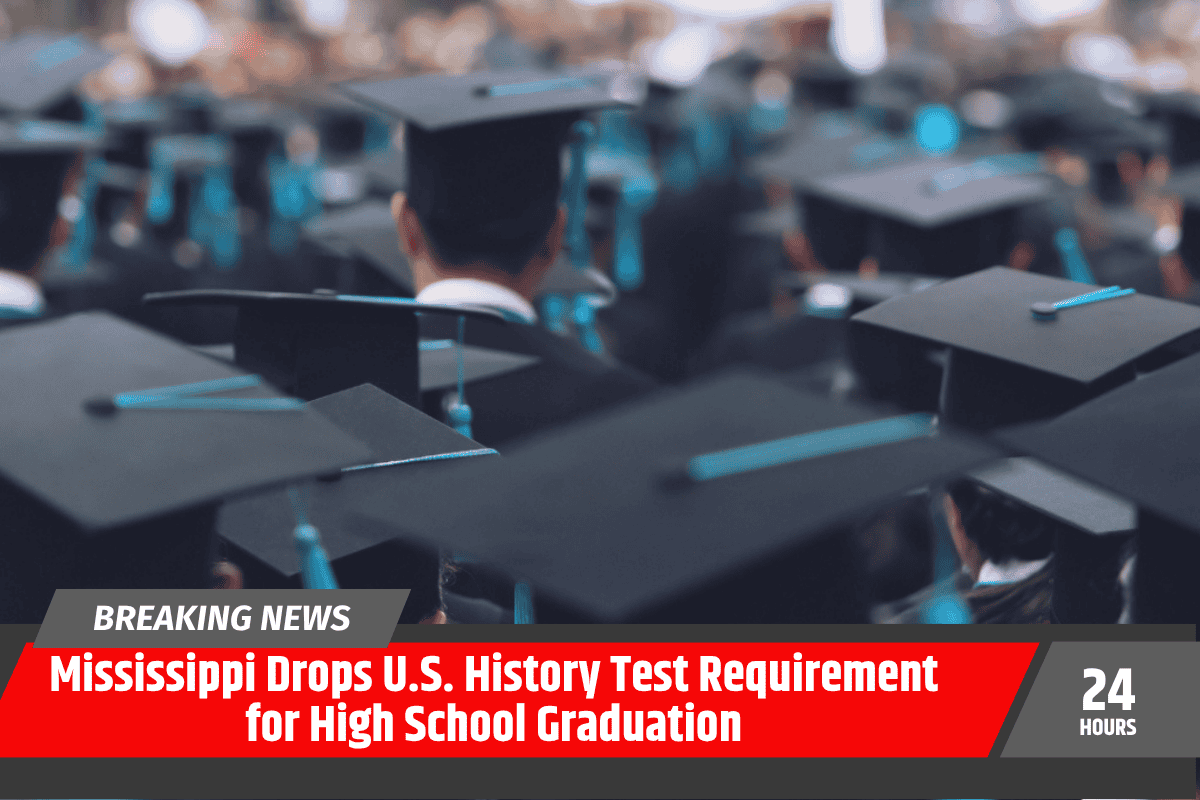Thousands of international students, including a large number from India, are facing growing uncertainty as the United States continues its month-long suspension of new student visa interviews.
This suspension affects several visa categories, including F (student), M (vocational), and J (exchange) visas, and has now entered its fourth week. There has been no official announcement regarding when these services will resume.
This delay has created significant concern for students hoping to start their studies in the fall 2025 academic session, leaving many applicants, families, and university officials worried.
US Immigration Policy Shifts Under the Trump Administration
The ongoing freeze on student visa appointments is part of a broader tightening of US immigration policy under the current administration.
The United States has also introduced a travel ban affecting nationals from six countries, including Nigeria and Sudan, restricting entry for students who do not already hold a valid visa as of June 9.
According to a report by the Times of India, even for students from countries not directly impacted by this ban, the overall visa process has become more complex.
Background checks have been heightened, and academic interests—especially those in sensitive fields—are under increased scrutiny.
Students are now required to submit more detailed documentation, including social media handles, financial records, and academic histories.
Impact on Indian Students and Alternative Options
In India, where the US is a preferred destination for higher education, the effects of this suspension are already visible.
Many students who had received offer letters and were in the process of preparing for their departure now find themselves stuck without visa appointments.
As a result, several education counselors and visa consultants are advising students to consider deferring their admissions to the spring 2026 session or exploring alternatives such as Canada, Germany, or Australia.
These countries offer more predictable and streamlined visa processing, making them attractive options for students affected by the delays.
Some Indian families are even reassessing their investment in US education, given the unpredictability of the policy shifts and the extended delays.
The disruption has raised questions about whether the US is still a reliable destination for international students, especially when weighed against other countries with more stable immigration policies.
US Universities Respond to Visa Delays
US universities, many of which have large international student populations, are closely monitoring the situation.
Institutions are actively planning for alternative solutions, such as deferred enrollment, offering remote classes for the first semester, or enhancing support services for students affected by the delays.
However, the uncertainty surrounding when visa interviews will reopen has made it challenging for students to finalize their plans.
Applicants are being advised to regularly check embassy websites for any updates and ensure their paperwork and documentation are in order.
The hope is that when interviews do resume, students will be able to act quickly and secure their spots. As the fall semester approaches, the narrow window for obtaining a US student visa is adding to the anxiety.
Wider Shift in US Immigration Policy
These delays in student visa processing reflect a broader shift in US immigration policy, where enforcement and security concerns are increasingly prioritized over accessibility for international students.
As the US moves toward a more restrictive approach to immigration, the process of obtaining a student visa has become more challenging for many applicants.
For now, thousands of aspiring students are left in limbo, uncertain whether their academic plans in the US will move forward as scheduled.
As the situation continues to evolve, many are left to navigate a maze of uncertainty, making it difficult to plan for their futures.
The suspension of student visa appointments has created a significant roadblock for international students, particularly those from India, who face delays and uncertainty as they attempt to start their studies in the US this fall.
While the situation remains fluid, students are advised to stay informed, maintain their documentation, and consider alternative options if necessary.
As US immigration policy continues to tighten, the future of international student enrollment may face more hurdles, challenging the accessibility of US higher education.

